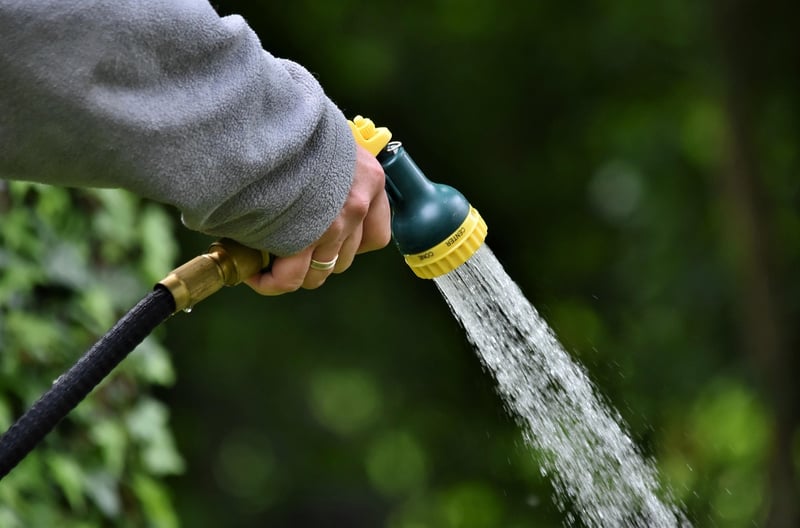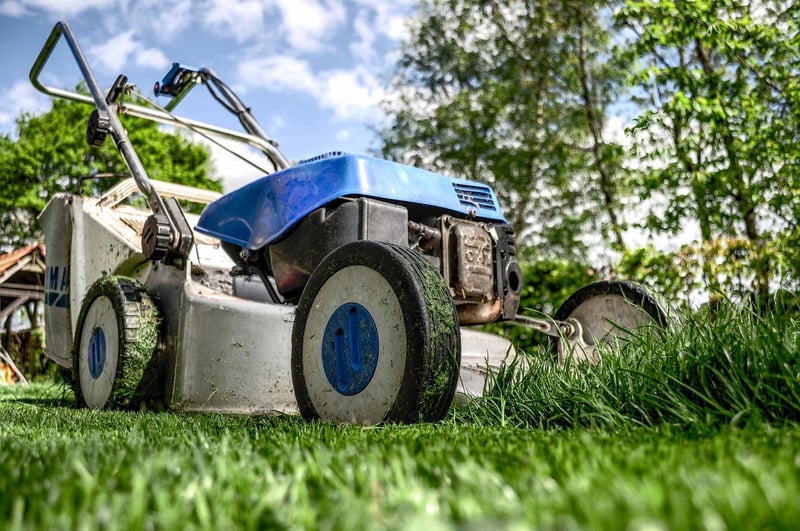Troubleshooting
Connect with Fellow Gardeners + Troubleshooting
Welcome to our guide on connecting with fellow gardeners and troubleshooting common gardening issues! Whether you are a seasoned gardener or just starting out, building a network of like-minded individuals can provide valuable insights and support for your gardening journey. Additionally, knowing how to troubleshoot common problems in your garden can help you maintain healthy and thriving plants. Let's dive in!
Connecting with Fellow Gardeners
One of the best ways to connect with fellow gardeners is by joining local gardening clubs or community gardens. These groups offer opportunities to share knowledge, seeds, plants, and even tools with other gardening enthusiasts. You can also attend gardening workshops, seminars, or events in your area to meet new people who share your passion for gardening.
Online gardening forums and social media groups are another great way to connect with fellow gardeners from around the world. These platforms allow you to ask questions, seek advice, and share your gardening experiences with a larger community. Remember to be respectful, open-minded, and willing to learn from others in these online spaces.
Troubleshooting Common Garden Issues
Gardening comes with its fair share of challenges, but being able to troubleshoot common garden issues can help you overcome them effectively. Here are some common problems you might encounter in your garden and how to address them:
- Pests: Keep an eye out for common garden pests like aphids, snails, or caterpillars. Use organic pest control methods such as neem oil, companion planting, or introducing beneficial insects to manage pest infestations.
- Disease: Fungal diseases like powdery mildew or bacterial infections can affect your plants. Practice good garden hygiene, provide adequate air circulation, and avoid overwatering to prevent diseases from spreading.
- Poor Soil Quality: If your plants are not thriving, test your soil to check for nutrient deficiencies or pH imbalances. Amend your soil with organic matter, compost, or fertilizers to improve its quality and help your plants grow better.
- Overwatering or Underwatering: Finding the right balance of watering for your plants can be tricky. Make sure to water your plants according to their specific needs, considering factors like plant type, season, and weather conditions.
By being proactive and observant in your garden, you can identify and address potential issues before they become major problems. Don't hesitate to seek help from fellow gardeners or gardening experts if you encounter challenges that seem difficult to solve on your own.
Happy gardening!


